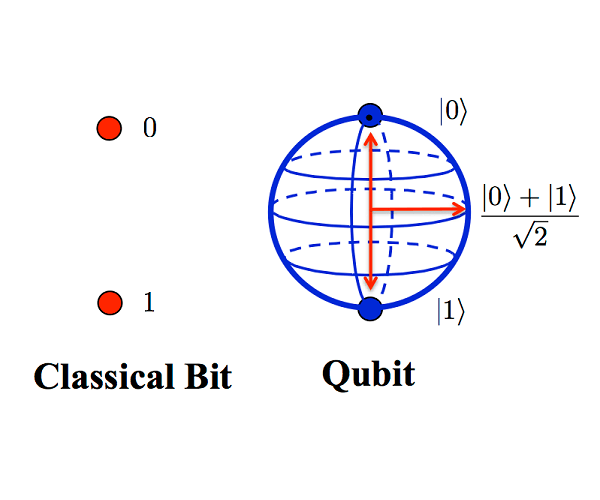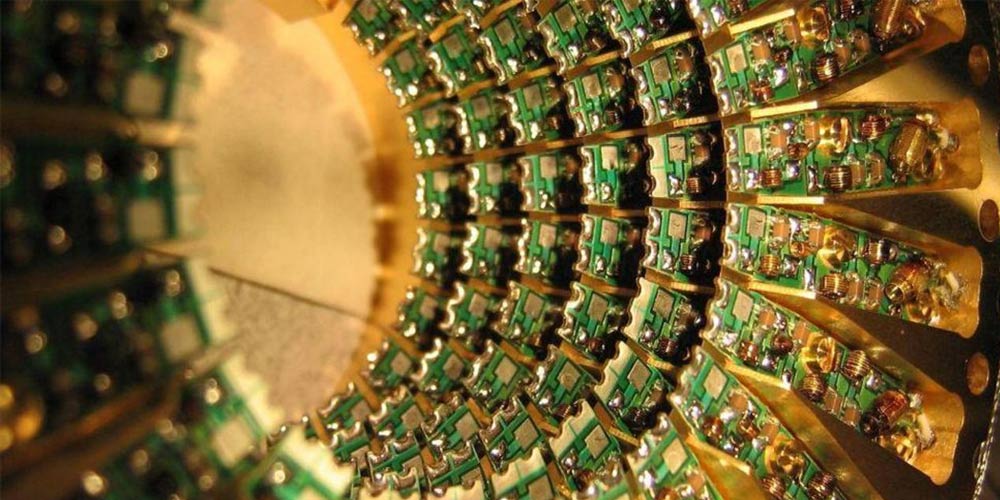
In a race for quantum supremacy. Tech companies from around the world, as well as researchers, are working to solve the most complex of computations. And those computations can only be solved using quantum computers.
Google unveils an open-source software aimed at making it easier for scientists to use the quantum computers, in order to speed up the process of the industry. The software is free to use, and could be used by chemists and material scientists to adapt algorithms and equations, and run them on quantum computers.
The move comes at a time when Google, IBM, Intel, Microsoft and D-Wave Systems are all pushing to create quantum computers that can be used for commercial purposes.
Google, IBM and D-Wave have allowed businesses to experiment with using quantum computers for free through their cloud networks.
Quantum computing works in a totally different way from a classical computer as it works by using the quantum-mechanical phenomena, such as superposition and entanglement, to perform operations on data.
This makes quantum computers different from binary digital electronic computers based on transistors.
When common computers require data to be encoded into binary digits (bits), which is either 0 or 1, quantum computation uses quantum bits, or qubits for short, which can be in superpositions of states.

These qubits can be constructed in various ways, many of which involve super-cooled superconductors to take advantage of the quantum mechanics. As a result, a qubit can represent both 0 and 1 simultaneously. And, whereas the status of each conventional bit is independent of all the other bits in a computer, qubits influence one another.
In theory, this could make quantum computers solve a a problem in milliseconds that it would take a normal computers a thousand of years to solve.
While quantum computers are very similar to traditional computers in appearance, their performance could not be matched.
Many believe they will enable people to do things once considered impossible. But so far, quantum computers aren't yet built to their maximum potential, and aren't yet able to perform accurately enough to outperform conventional computers at most tasks.
Google's parent company, Alphabet, partnered with startup Rigetti Computing to create the new software. The company also partnered with researchers at ETH Zurich, the U.S. Lawrence Berkeley National Laboratories, the University of Michigan, Harvard University, the University of Oxford, Dartmouth College and NASA, said Google on its blog post.
The software is called OpenFermion. It contains a library of algorithms for simulating how electrons interact, which is important for work in both chemistry and material science, on a quantum computer. Previously, these interactions could only be simulated on powerful conventional computers.

In the announcement, Rigetti Computing said:
To run the equations on quantum machines, chemists had to team up with specialized quantum developers and done a lot of coding to be able to run the equations.
But with Google and other developers releasing OpenFermion and its two plugins, scientists can directly translate their algorithms from two of the most popular conventional simulators, Psi4 and PySCF, and run them on a quantum computer.
The software is also designed to be compatible with several different quantum computers, including those being developed by Google, Rigetti and IBM.
The development is another advancement in the field of quantum computing, but Google has said it hopes to achieve quantum supremacy, where it demonstrates a quantum computer doing something that a classical computer cannot do.